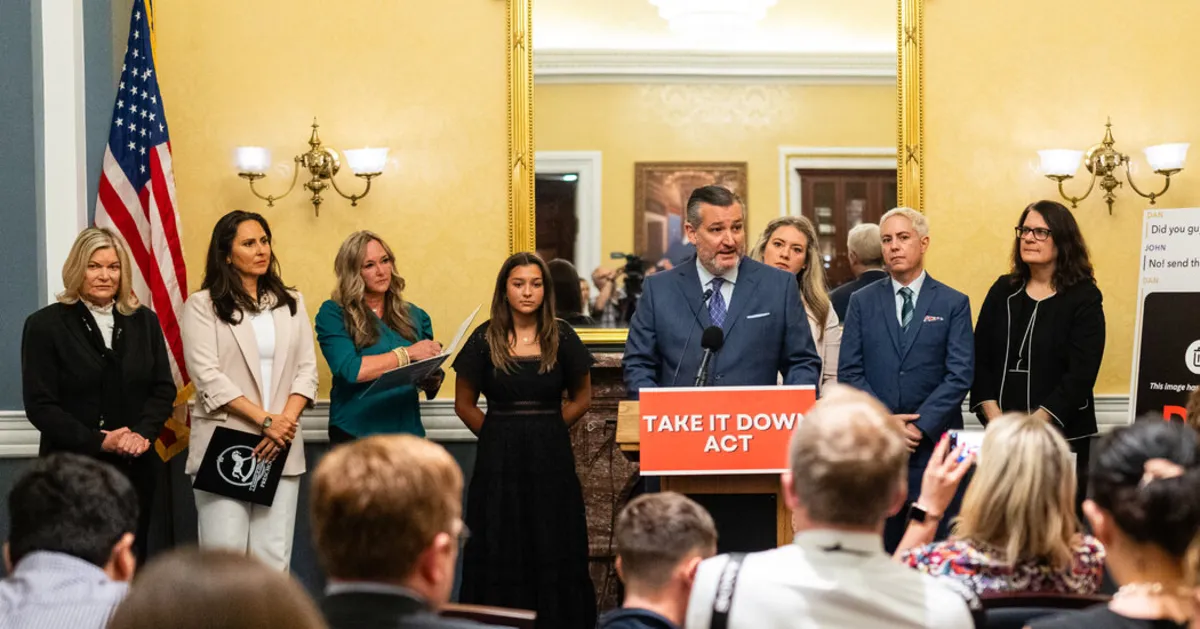
On Monday, the House of Representatives achieved a significant milestone by overwhelmingly passing bipartisan legislation aimed at criminalizing the nonconsensual sharing of sexually explicit photos and videos. This includes a specific focus on A.I.-generated images commonly referred to as “deepfakes.” The measure, known as the Take It Down Act, received a remarkable vote tally of 409 to 2, paving the way for President Trump to sign it into law.
The primary objective of the Take It Down Act is to tackle the pervasive issue of “revenge porn” — the distribution of explicit images without consent. Under this legislation, social media companies and online platforms will be required to remove such content within two days of receiving a notification. This swift action is designed to protect individuals from the emotional and psychological harm that can result from the unauthorized sharing of their private images.
This legislation has garnered support from an unlikely coalition of both conservatives and liberals across party lines. The Senate passed the bill unanimously in February, reflecting a shared commitment to addressing this critical issue. President Trump, who highlighted the importance of this legislation during his joint address to Congress last month, appears to have played a pivotal role in facilitating its smooth passage through Congress.
The Take It Down Act represents a significant step in holding online platforms accountable for the content shared on their sites. By mandating prompt removal of nonconsensual explicit material, the legislation aims to foster a safer online environment and protect individuals from potential exploitation and abuse.
With the House's overwhelming approval, all eyes are now on President Trump, who is expected to sign the Take It Down Act quickly. The swift legislative action underscores the urgent need for policies that address the challenges posed by digital technology and the sharing of nonconsensual content.
As society navigates the complexities of online privacy and consent, this legislation marks a crucial step towards safeguarding individuals' rights and promoting accountability among digital platforms.